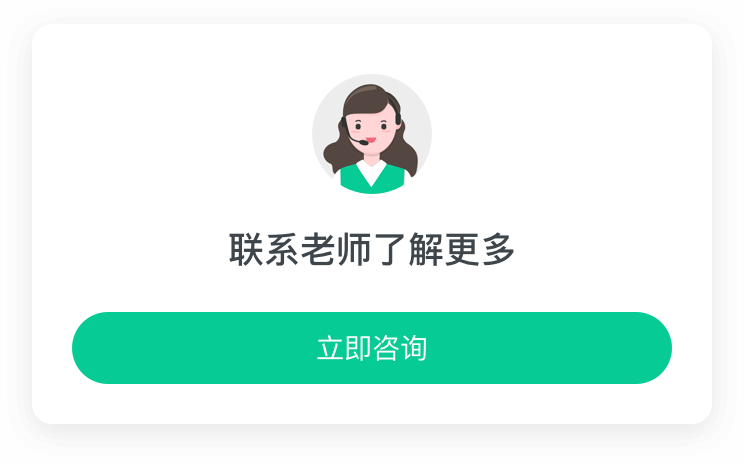最后的演講:樂園一直開放到晚上8點(diǎn) (5/7)
來源:滬江聽寫酷
2011-11-07 20:00
Randy Pausch是美國卡內(nèi)基梅隆大學(xué)的計算機(jī)科學(xué)、人機(jī)交互及設(shè)計教授。2006年9月,他被診斷患有胰腺癌。2007年9月18日,他在卡內(nèi)基梅隆大學(xué)做了一場風(fēng)靡全美的“最后的演講”,根據(jù)這次演講,他出版的“The Last Lecture”一書則成為亞馬遜網(wǎng)站上最為暢銷的書籍之一。Randy教授所傳達(dá)的訊息之所以如此震撼人心,是因?yàn)樗哉\懇、幽默的態(tài)度去分享他獨(dú)特的經(jīng)驗(yàn)。他談的不是死亡,而是人生中的重要議題,包括克服障礙、實(shí)現(xiàn)兒時夢想、幫助別人實(shí)現(xiàn)夢想、把握每一個時刻……
Hints:
Jai
Dr. Wolff
Randy
palliative chemo
Hints:
Jai
Dr. Wolff
Randy
palliative chemo
By that point, Jai was almost in shock, crying hysterically. I was sad, too, of course, and yet I was also fascinated by the way in which Dr. Wolff went about the grim task before him. The doctor sat next to Jai to comfort her. Calmly, he explained to her that he would no longer be working to save my life. "What we're trying to do," he said, "is extend the time Randy has left so he can have the highest quality of life. That's because, as things now stand, medical science doesn't have anything to offer him to keep him alive for a normal life span."
"Wait, wait, wait," Jai said. "You're telling me that's it? Just like that, we've gone from 'we're going to fight this' to 'the battle is over'? What about a liver transplant?"
No, the doctor said, not once the metastasis occurs. He talked about using palliative chemo – treatment that's not intended to be curative, but could ease symptoms, possibly buying a few months – and about finding ways to keep me comfortably and engaged in life as the end approached.










